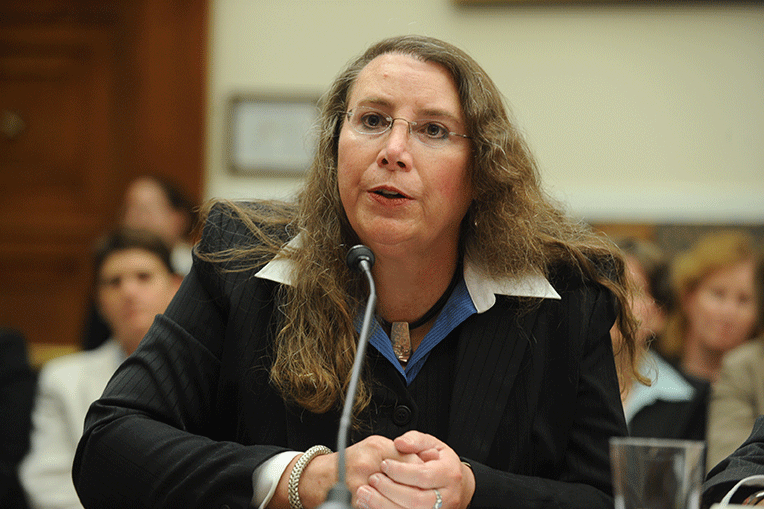
The trial in Diane Schroer's case against the Library of Congress came to a close on Friday afternoon in federal court in Washington, D.C., Ms. Schroer is the decorated Special Forces Colonel who, after retiring, was offered a job as a terrorism researcher for the Library, only to have it snatched away when she told her boss she planned to start work as Diane, not David.Reading the tea leaves of a judge's comments during a trial is always a risky business. It is easy to read too much into casual questions, into annoyance that can really be about pace or focus, and so on. And sometimes, things look very different after a trial ends and you begin to think about how to decide.With that warning, though, by the end of the trial here, the case seemed pretty clear. No one really thought Diane Schroer was "dishonest" or "lacked integrity" for not saying when she applied for the job that she was going to become Diane. (The Library had suggested it had lost confidence in her honesty and integrity since she didn't.) And no one really tried to find out if she'd have any trouble holding on to her security clearance after she transitioned (the Library said it was very worried, but it did nothing to find out if there could be a problem). The Library wouldn't hire Ms. Schroer because she was becoming Diane.So in the end, it all seems to come down to what we mean by sex and sex discrimination. Or, to put it a little more precisely, whether a person's sex includes gender identity, and whether sex discrimination includes gender identity discrimination.The judge heard expert witnesses from both sides on what sex means. Ms. Schroer's was Dr. Walter Bockting, who testified that sex is made up of several factors, including chromosomes, anatomy, and a person's sense of their sex—their gender identity. To the government's expert, Dr. Chester Schmidt, sex is chromosomes. He said only biologically determined factors could be a part of sex. It would, according to him, be too messy otherwise. Gender identity, Dr. Schmidt said, could be biological, but there's too little evidence to know yet.So now it's up to the judge to figure out just what that simple, charged, deeply important word sex means.To the government, sex meant men and women by either biology or body (they aren't clear about which) when the 1964 Civil Rights Act passed. It has to mean that forever unless Congress changes it.To Ms. Schroer and the ACLU, gender identity — a man's sense of himself as a man and a woman's sense of herself as a woman — has always been a part of a person's sex. Congress may not have thought about people for whom chromosomes, anatomy and identity did not line up, the ACLU says, but that's beside the point. We don't refuse to apply laws to unanticipated situations; if we did, we couldn't function as a society.We should know what the judge thinks fairly soon. Stay tuned.Want to be part of making equality a reality for transgender people? Interested in making change in your community on a variety of LGBT issues?

